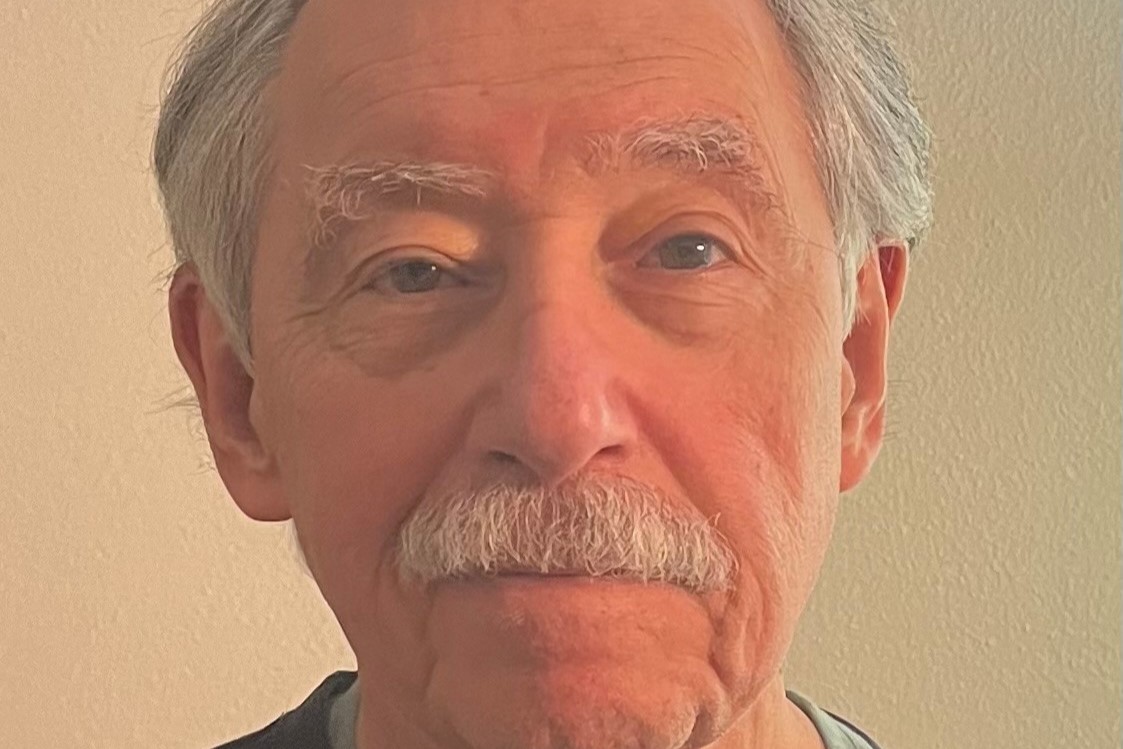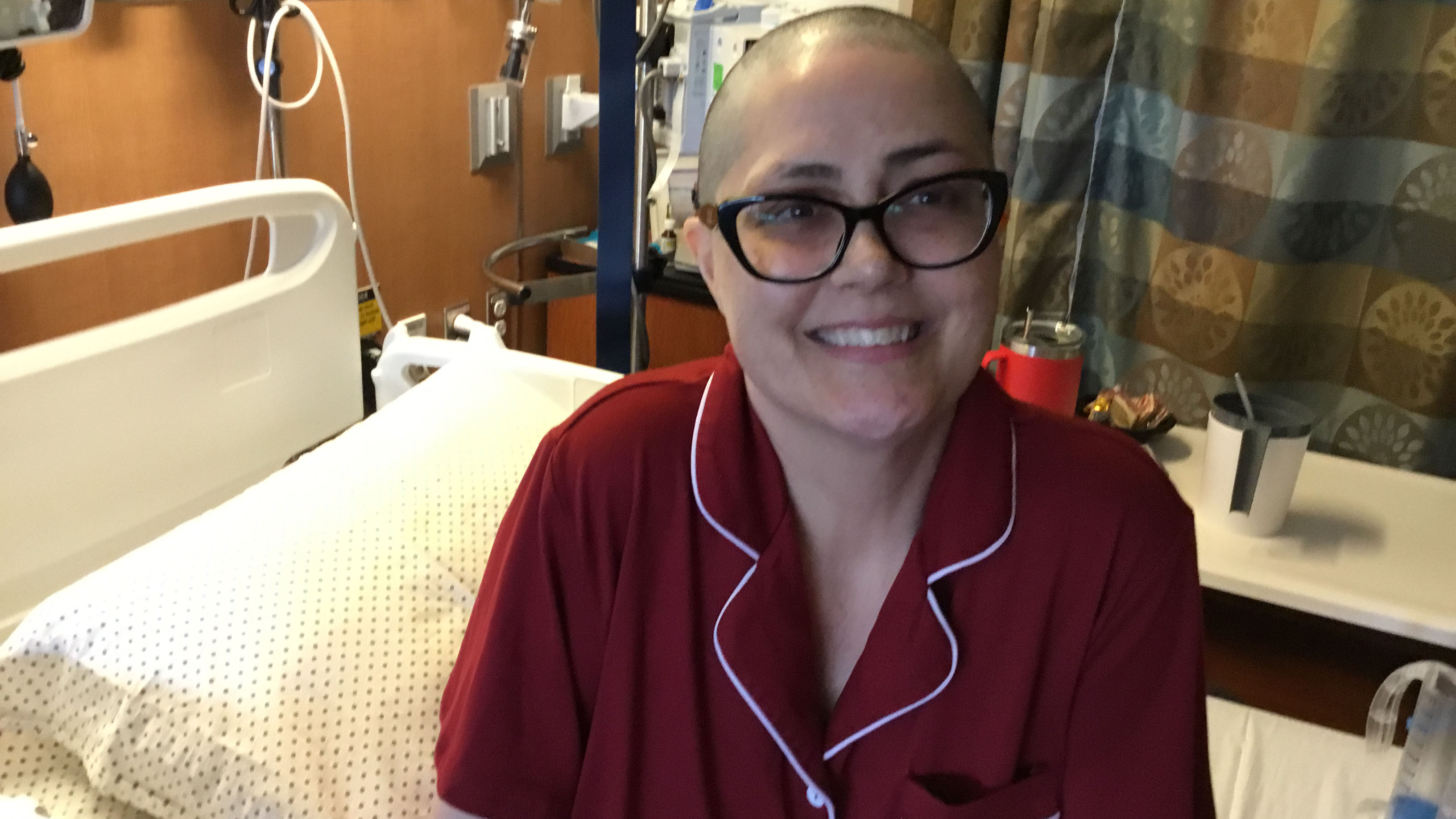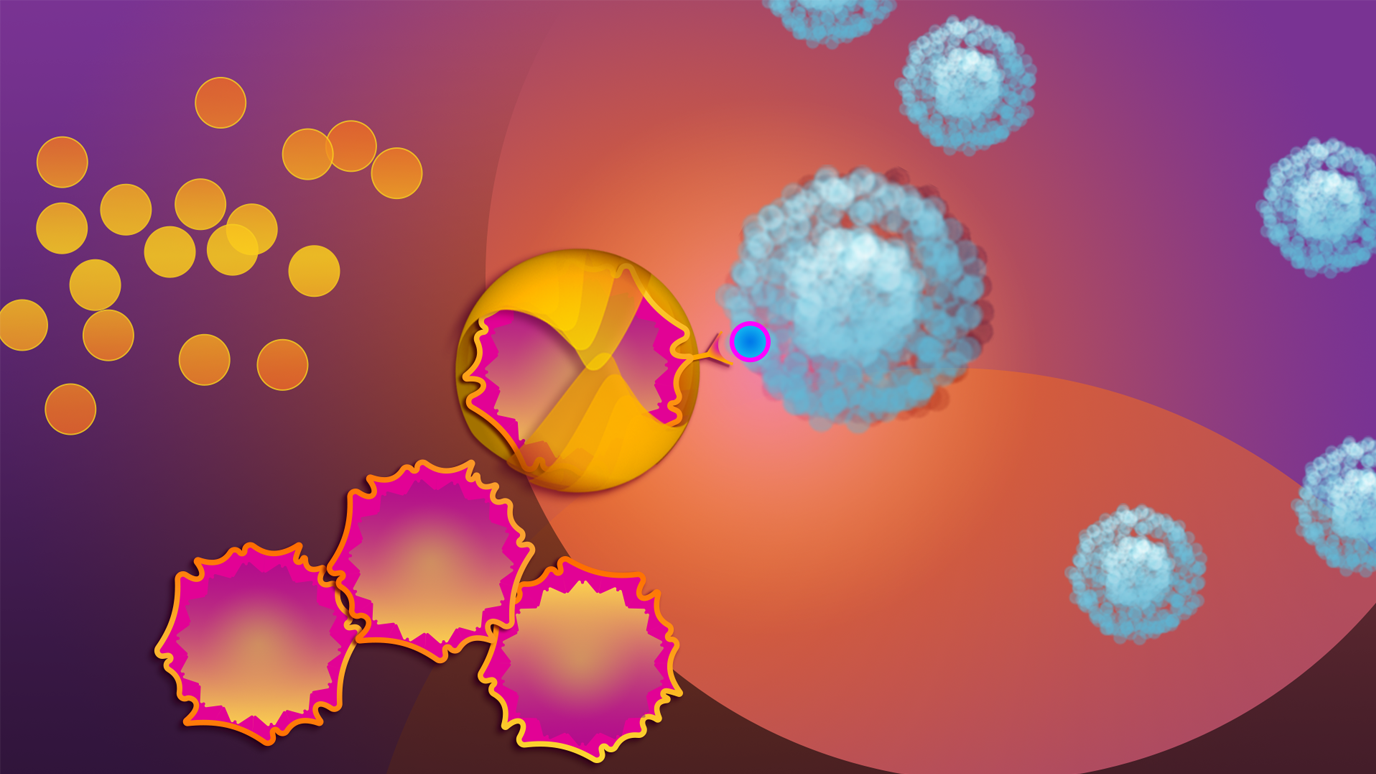- Diseases
- Acoustic Neuroma (14)
- Adrenal Gland Tumor (24)
- Anal Cancer (68)
- Anemia (2)
- Appendix Cancer (16)
- Bile Duct Cancer (26)
- Bladder Cancer (72)
- Brain Metastases (28)
- Brain Tumor (232)
- Breast Cancer (714)
- Breast Implant-Associated Anaplastic Large Cell Lymphoma (2)
- Cancer of Unknown Primary (4)
- Carcinoid Tumor (8)
- Cervical Cancer (158)
- Colon Cancer (166)
- Colorectal Cancer (116)
- Endocrine Tumor (4)
- Esophageal Cancer (44)
- Eye Cancer (36)
- Fallopian Tube Cancer (8)
- Germ Cell Tumor (4)
- Gestational Trophoblastic Disease (2)
- Head and Neck Cancer (12)
- Kidney Cancer (128)
- Leukemia (342)
- Liver Cancer (50)
- Lung Cancer (286)
- Lymphoma (278)
- Mesothelioma (14)
- Metastasis (30)
- Multiple Myeloma (100)
- Myelodysplastic Syndrome (60)
- Myeloproliferative Neoplasm (4)
- Neuroendocrine Tumors (16)
- Oral Cancer (100)
- Ovarian Cancer (172)
- Pancreatic Cancer (160)
- Parathyroid Disease (2)
- Penile Cancer (14)
- Pituitary Tumor (6)
- Prostate Cancer (146)
- Rectal Cancer (58)
- Renal Medullary Carcinoma (6)
- Salivary Gland Cancer (14)
- Sarcoma (238)
- Skin Cancer (296)
- Skull Base Tumors (56)
- Spinal Tumor (12)
- Stomach Cancer (64)
- Testicular Cancer (28)
- Throat Cancer (92)
- Thymoma (6)
- Thyroid Cancer (96)
- Tonsil Cancer (30)
- Uterine Cancer (80)
- Vaginal Cancer (16)
- Vulvar Cancer (20)
- Cancer Topic
- Adolescent and Young Adult Cancer Issues (20)
- Advance Care Planning (10)
- Biostatistics (2)
- Blood Donation (18)
- Bone Health (8)
- COVID-19 (362)
- Cancer Recurrence (120)
- Childhood Cancer Issues (120)
- Clinical Trials (630)
- Complementary Integrative Medicine (22)
- Cytogenetics (2)
- DNA Methylation (4)
- Diagnosis (232)
- Epigenetics (6)
- Fertility (62)
- Follow-up Guidelines (2)
- Health Disparities (14)
- Hereditary Cancer Syndromes (126)
- Immunology (18)
- Li-Fraumeni Syndrome (8)
- Mental Health (116)
- Molecular Diagnostics (8)
- Pain Management (62)
- Palliative Care (8)
- Pathology (10)
- Physical Therapy (18)
- Pregnancy (18)
- Prevention (914)
- Research (392)
- Second Opinion (74)
- Sexuality (16)
- Side Effects (604)
- Sleep Disorders (10)
- Stem Cell Transplantation Cellular Therapy (216)
- Support (402)
- Survivorship (320)
- Symptoms (182)
- Treatment (1786)
Prostate cancer survivor: How I found reassurance and expertise during proton therapy treatment
BY Gregg Davis
3 minute read | Published October 01, 2020
Medically Reviewed | Last reviewed by an MD Anderson Cancer Center medical professional on October 01, 2020
At my annual physical in 2019, a blood test showed my PSA levels had increased. I was also experiencing symptoms such as frequent need to urinate, erectile dysfunction, and blood in my urine. A biopsy confirmed a prostate cancer diagnosis.
After processing the news, I was ready to plan my attack. I had wonderful support from my fiancée and daughter. They helped me stay positive during my research.
I talked with everyone that I could to receive information on treatment options. I knew that I did not want to just monitor the tumor or have surgery to have my prostate removed.
Deciding on proton therapy for prostate cancer treatment
During my search, I found an article about proton therapy. From that moment on, everything changed. The more I read, the more I understood. The more you know about your cancer, the better equipped you feel to face the road ahead.
When I called my insurance provider about proton therapy, they recommended I reach out to MD Anderson.
Finding expertise and reassurance at MD Anderson
My first point of contact when I called MD Anderson was intake specialist Jermaine Jackson. Jermaine put me at ease and referred me to nurse navigator Frannette Woolridge. Frannette was instrumental in getting me through the insurance approval process.
My first appointment was in early December at the Proton Therapy Center. I met my radiation oncologist, Dr. Shalin Shah, and he explained the treatment process. His empathy and professionalism set the tone for my entire experience.
I was eligible to join a clinical trial, which consisted of 15 proton therapy treatments. I was scheduled to receive double doses of radiation every other day, opposed to daily treatments.
Going through proton therapy
Because I live in El Paso, Texas, I decided to stay in a hotel in Houston for the duration of my treatments. I started treatment on Dec. 15, 2019, and completed it on Jan. 20, 2020. I had minor constipation and some urgency to urinate, but overall, my side effects were minimal.
That allowed me to enjoy the great city of Houston when I wasn’t receiving treatment. After my daily treatments, my fiancée and I explored local parks and museums, fabulous eateries and even attended Houston Rockets basketball games. We were able to spend the holidays in Austin, Texas with family.
I’m convinced that MD Anderson handpicks the best. This includes everyone from their doctors, housekeeping staff, security guards, shuttle drivers and volunteers. The staff explain difficult procedures on a level that patients can understand.
An advocate of proton therapy for prostate cancer
My life back home in El Paso is back to normal – or as normal as it can be in the middle of a pandemic. I returned to work in February. And I continue my daily exercise routine. I also try to include more plant-based foods into my diet. I plan to use my experience to educate others about the importance of routine screenings and the benefits of proton therapy.
Request an appointment at MD Anderson online or by calling 1-877-632-6789.
Related Cancerwise Stories

The more you know about your cancer, the better equipped you will feel to face the road ahead.
Gregg Davis
Survivor





